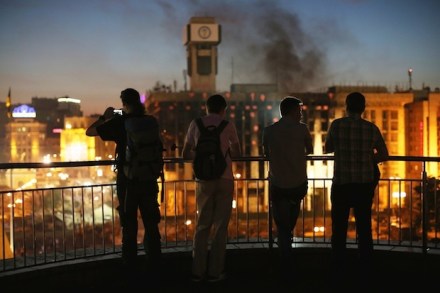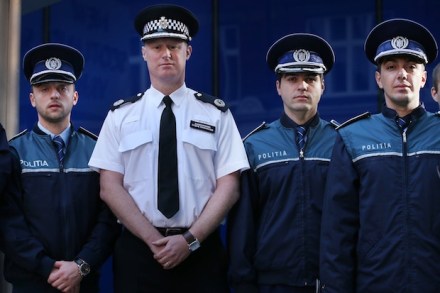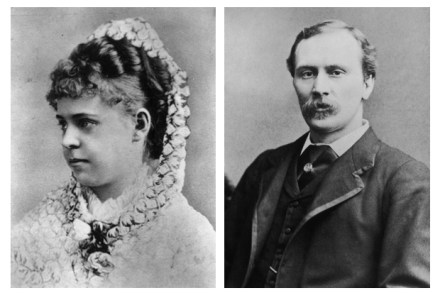Don’t blame the Guardian if criminals are getting better at hiding online. Blame iTunes and Netflix
I wouldn’t wish to deny that all drug dealers and crime lords read the Guardian. Indeed, check the circulation figures, and you’d be forgiven for thinking that only drug dealers and crime lords read the Guardian. So, when I read last week about the trouble that GCHQ is now having tracking online criminality, and the way that GCHQ considers recent revelations about state surveillance via the Guardian to be the cause, I did not for a moment think that GCHQ was entirely wrong. I genuinely wonder, though, if the rogue National Security Agency IT boffin Edward Snowden, whom we hear so much about, has damaged national security as much as

















